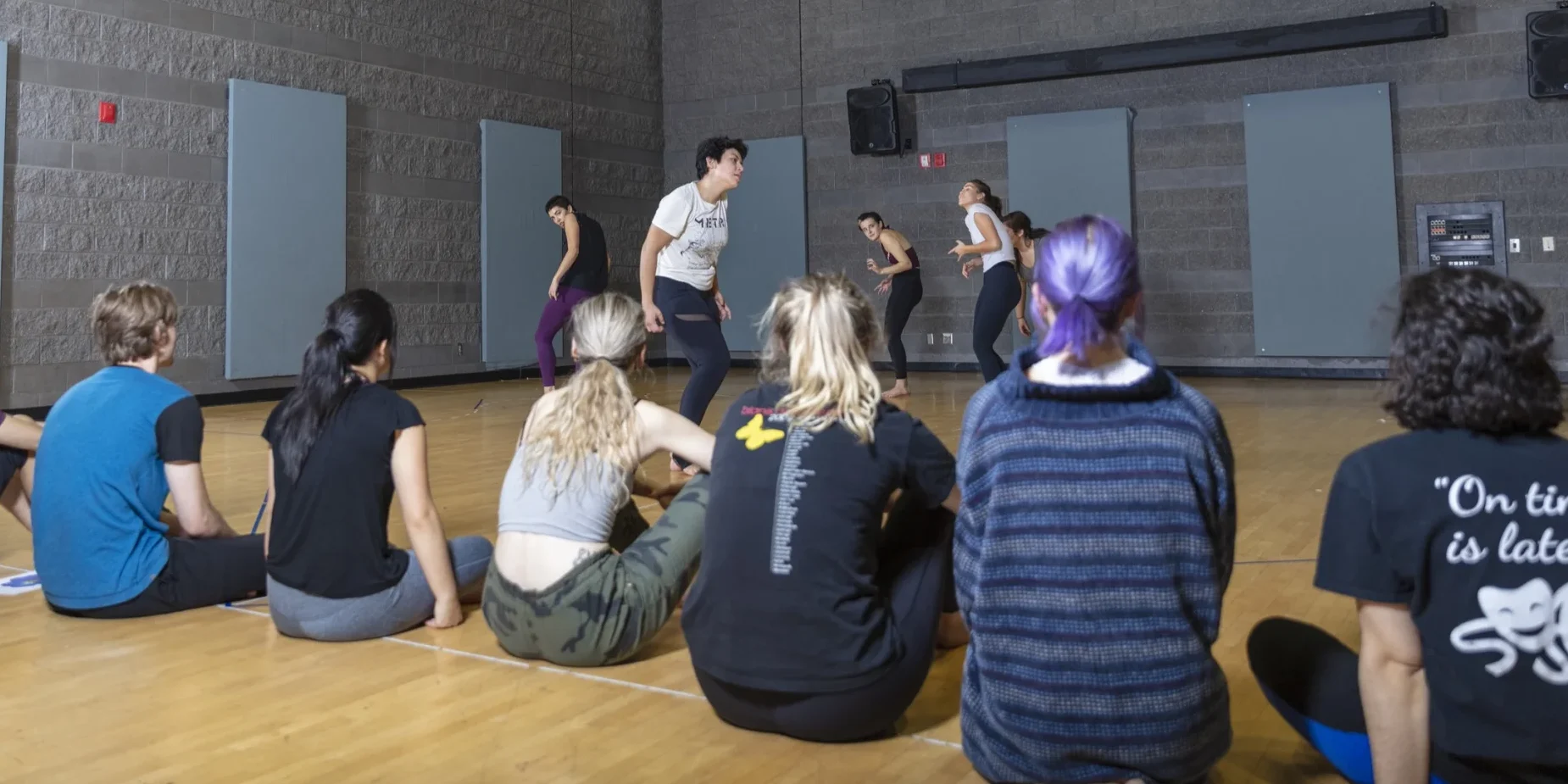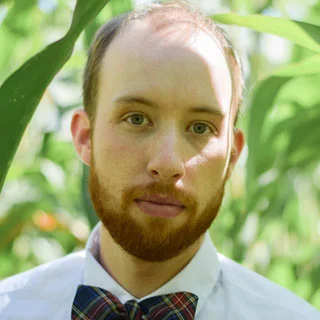Drama in Education and Community with Concentration in Applied Theatre

Program Overview & Highlights
- Co-op Opportunity
- Honours 4-Year Program
Join one of Canada’s most unique undergraduate drama programs. Drama can be a powerful tool to empower others; this is your chance to make a difference in your community using your passion for performance. With a focus on practical learning, you will develop performances and workshops to ignite conversations about pressing social issues. You can have an impact in your community now with paid co-op in schools, art galleries, museums, hospitals, senior citizen residences and multicultural organizations. Follow up with our Consecutive Education program and you’ll be eligible to teach at any grade level.
Learn More About Our Program
What Lancers Are Saying

Corey Palmer
BA in Drama in Education and Community, BEd in EducationAdmission Requirements
High School Student from Canada
Course Requirements: English/ENG4U (min. avg. 60% [70% for Fall 2026])
Minimum Average: 70%
Minimum Average (Co-op): 80%; 70% minimum in English
Mean Average: 83%
High School Student from Outside Canada and the United States (International)
Course Requirements: Grade 12 English
Minimum Average: 70%
Minimum Average (Co-op): 80%; 70% minimum in English
Mean Average: 83%
Language Requirements
To review the most up-to-date information on Language Requirements: See language requirements.
Academic Calendars
Career Tracks
- Theatre for young audiences performer or coordinator
- teacher
- child and youth counsellor
- arts practitioner
- stage manager
